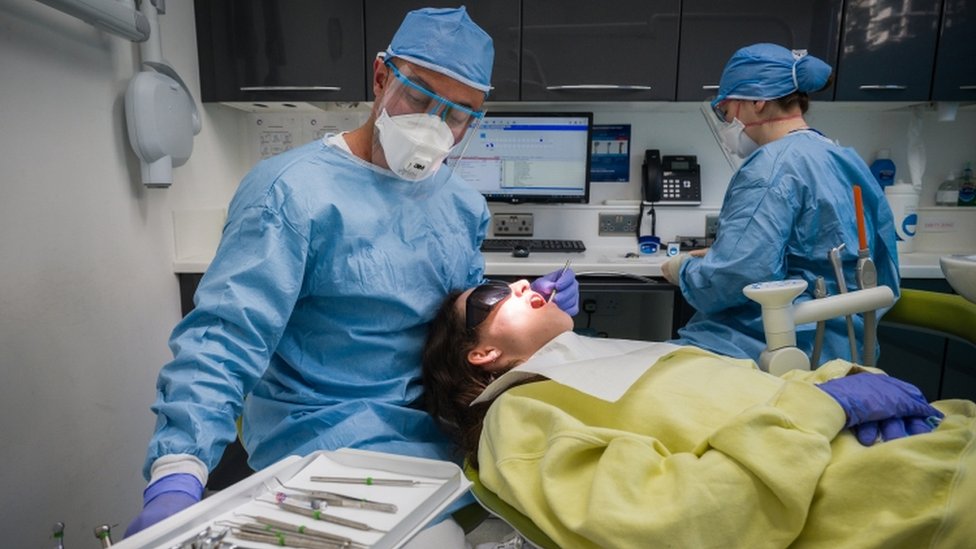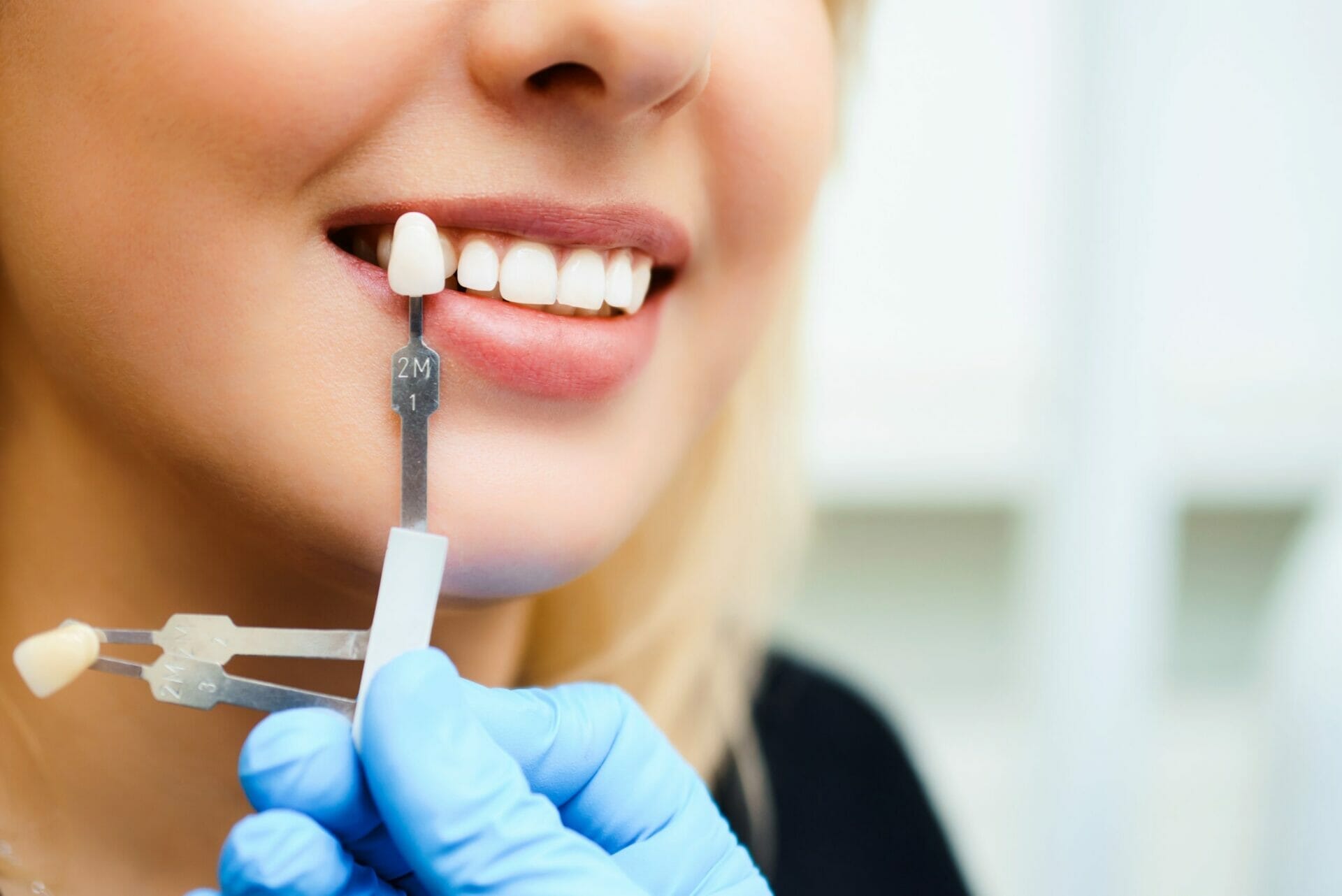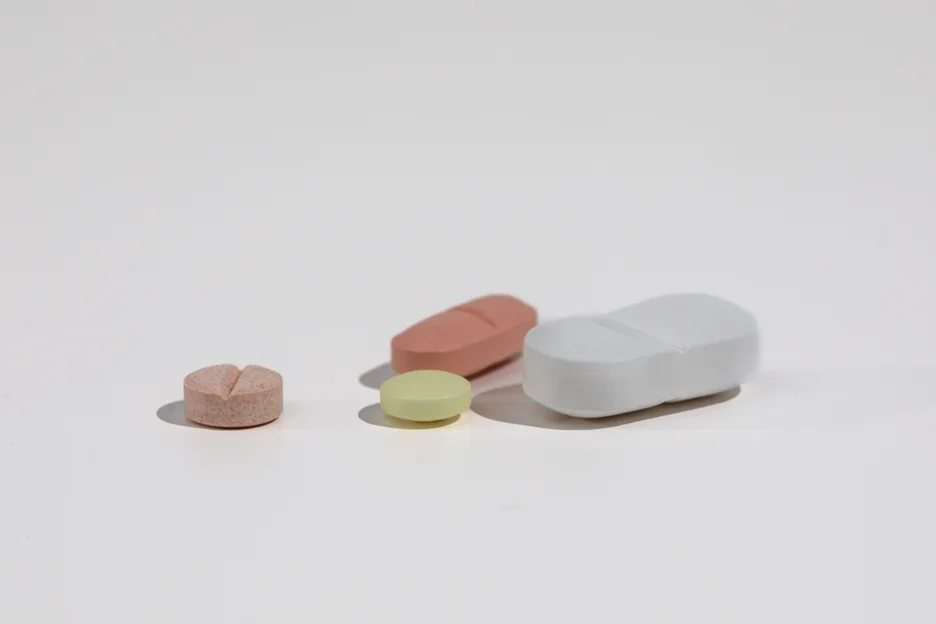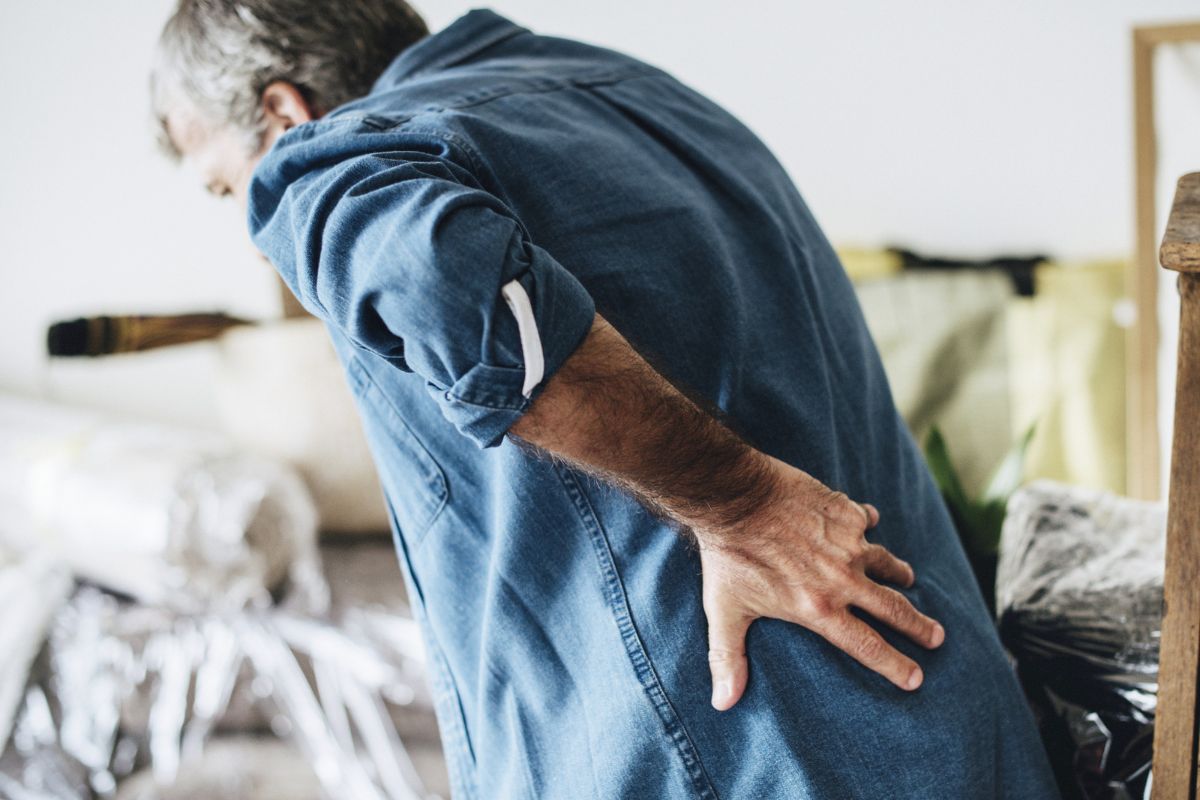Recommendations for Dental Practices in Response to COVID-19
 Posted On
Posted On
Due to the COVID-19 virus being found in saliva and able to survive up to three hours in the air, all dental professionals are at high risk for contracting the virus. Moreover, the National Institutes of Health (NIH) has reported that the virus can live on plastic, stainless steel and copper surfaces for 3 or 4 days. However, this article is aimed to help those in dental professions to reduce their risk of exposure. Visit Comfort Care Family Dentistry here for more inforrmation : http://www.ComfortCareDentists.com
Table of Contents
COVID-19 Protocols for Dental Professions
Below are some important safe infection control protocols for those in the dental profession.
Pre-Procedural Peroxide Rinse
The concentration of all peroxide rinses should be at least .5%. That means that you should dilute over-the-counter solutions (OTC), as they typically are at 2% to 3%. Currently, most stores are out of OTC peroxide, so it may be that you can only get an effective rinse from your dental suppliers. There are two products in the dental industry that are at an effective 1.5% concentration: Listerine Whitening Mouth Rinse and Colgate Proxyl.
While chlorhexidine and chlorine dioxide will kill some viruses, the Centers for Disease Control (CDC) and the American Dental Association (ADA) have not endorsed their use for COVID-19. Therefore, both organizations only recommend peroxide for destroying the virus. In some other countries, public health officials advise using the standard protocol of rinsing with chlorhexidine, followed by a peroxide rinse.
Personal Protective Equipment (PPE)
ALWAYS wear the appropriate PPE while working with patients directly. This includes masks, safety glasses, face shields, lab jackets and/or gloves, depending on the task. Consider alternating mask protection levels to address mask shortage, including:
- Level 1 Mask (particulate filtration greater than or equal to 95%): Use in the case of minimal risk. Ideal for procedures in which there is low use of aerosols, including cleaning patient exams, taking impressions, cleaning operatories, taking radiographs and trimming/polishing temporaries.
- Level 2 Mask (particulate filtration 98%): Use for procedures, creating light to moderate levels of aerosols. These include endodontics, restorative/composite, limited oral surgery, sealants and prophylaxis.
- Level 3 Mask (particulate filtration 98%): Use for procedures creating moderate to heavy levels of aerosols, including crown preparations, complex oral surgeries, periodontal surgery, implant placement, laser-based procedures and ultrasonic scaling.
- N95 Masks: N95 masks or respirators reduce dental providers’ exposure to any airborne particles from small aerosols to large droplets. They need to be customized for each wearer, and all employees need to have annual training to wear these masks. In addition, each dental office that elects to use N95 masks must have a written OSHA Respiratory Standard. Wearers must also have medical clearance to determine their ability to safely wear a respirator.
N95 masks are not recommended for those with facial hair or certain medical conditions. In times of shortage, the CDC advises that only healthcare professionals who may be exposed to high-velocity spray, splash or splatter (as in a procedural or operative setting) or who are working in a sterile field wear N95 respirators.
Patient Screening
- Staff working the front desk should call to screen patients prior to their appointments. In addition, they should screen patients upon arrival for their appointments.
- If a patient discloses that they may have had flu-like symptoms like a dry cough, difficulty breathing or fever, their appointment should be rescheduled. The same holds true for any patient who has been in contact with someone who has tested positive for COVID-19 within the past three weeks.
General Housekeeping
- Avoid hugging, direct handshaking or greetings which require direct contact.
- Disinfect all common areas like reception chairs, front desk counters and entry doors with diluted bleach.
- Provide hand sanitizer at the front desk and in all bathrooms and operatories.
- Wash hands often and avoid touching any part of your face.
Call Comfort Care Family Dental P.C. today for more information on COVID19 and how it affects yoour dental health.



















